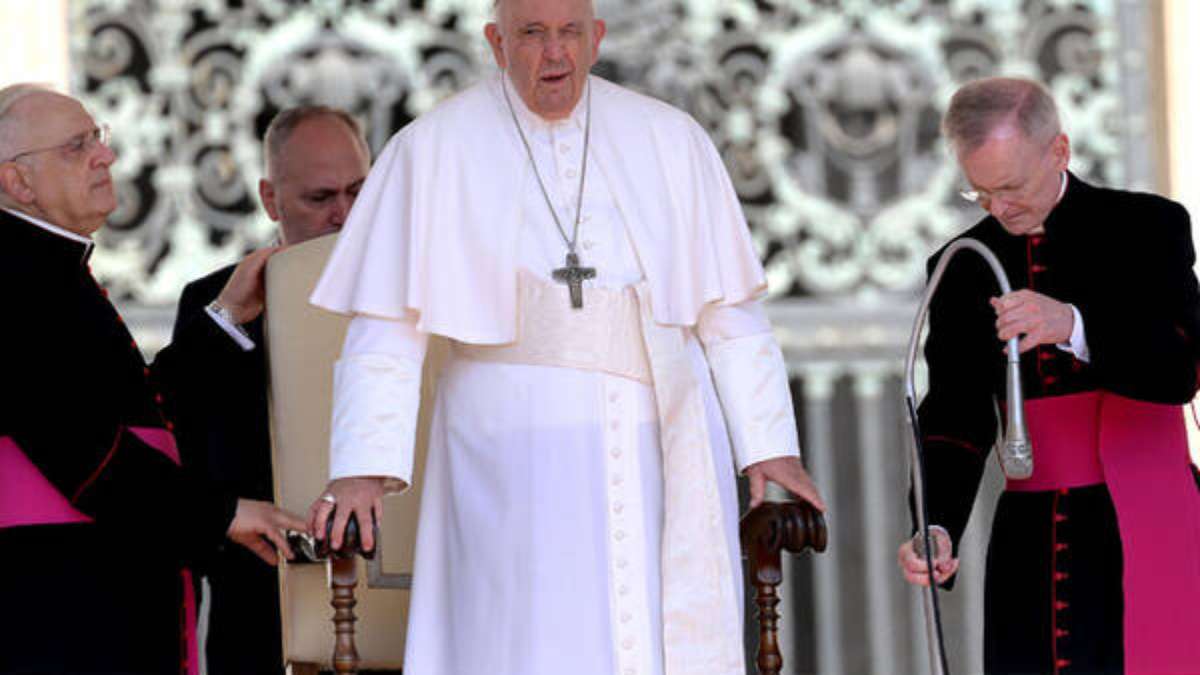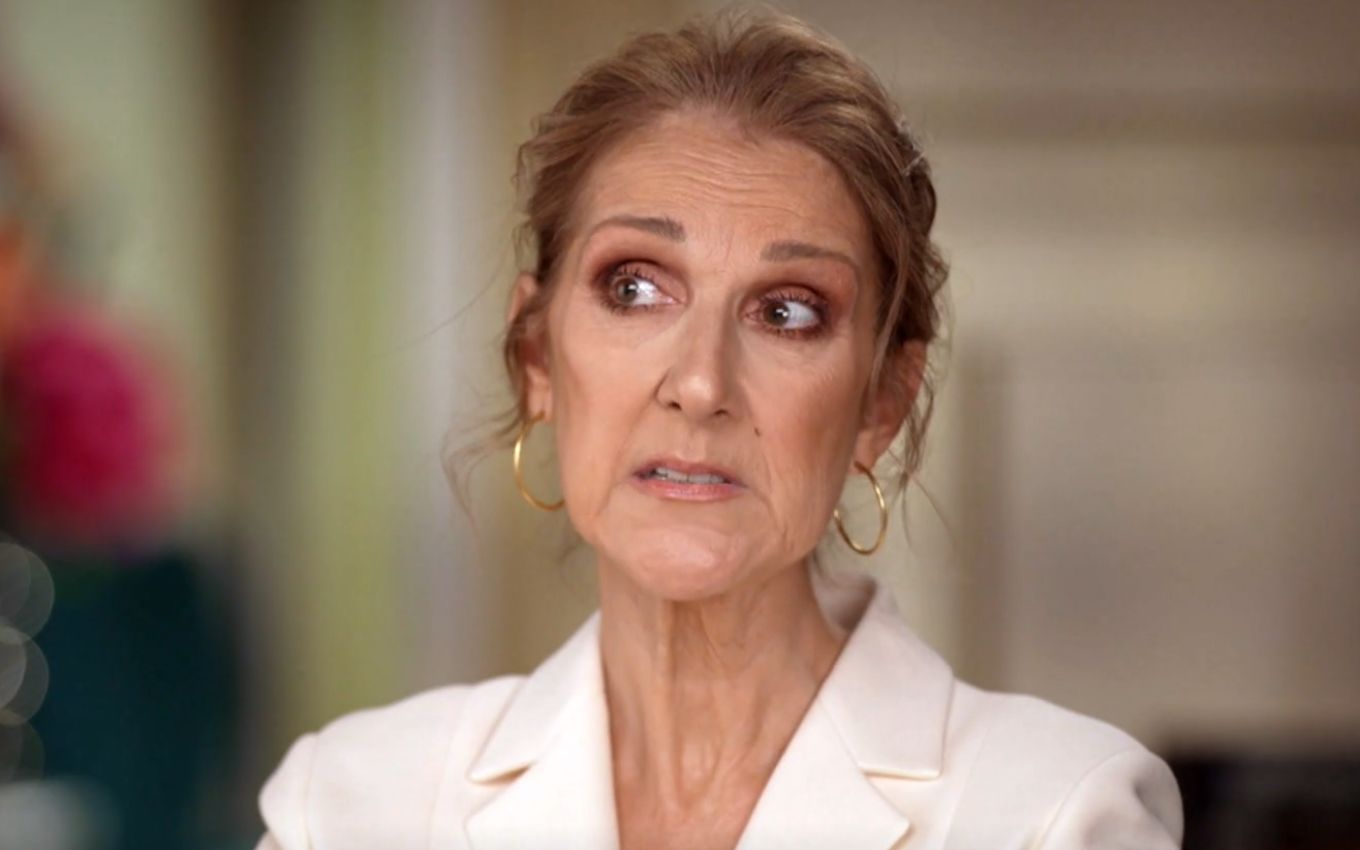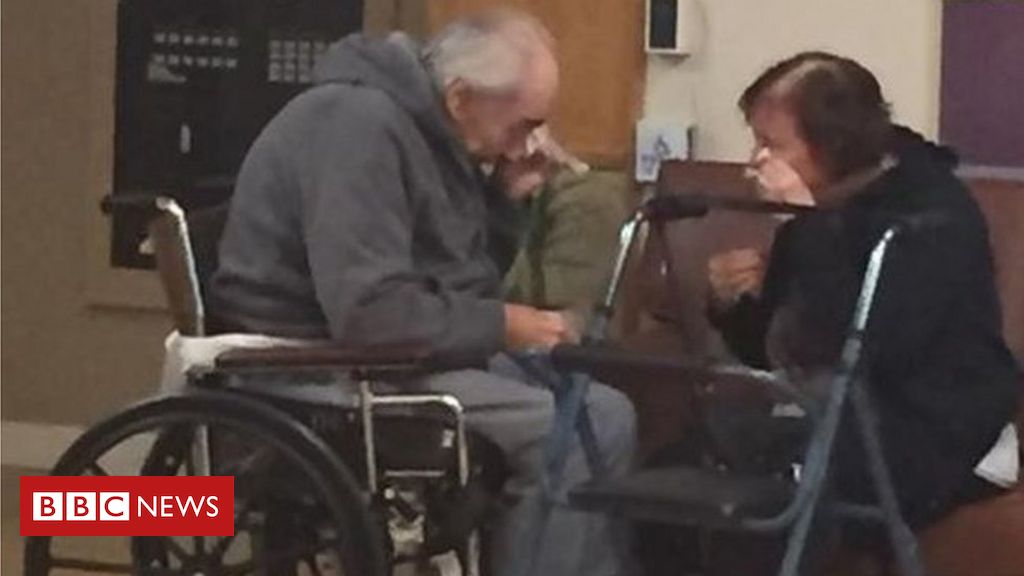By Fausto Gasparroni – After being hospitalized again at the Policlínico Universitario Agostino Gemelli Hospital, Rome, for a second bowel surgery, which takes place after the one performed two years ago, it is difficult to try to hide it: now the health of Pope Francis has become an unknown.
And this, even more than the last two years, will trigger all possible speculation about the “after” of Jorge Bergoglio and the fact that we must prepare for the next Conclave. Certainly, inside and outside the Vatican, there are those who are already doing this.
After the first colon operation on July 4, 2021, also carried out in Gemelli, it was the Pontiff himself who painted this scenario. It was in Bratislava, on September 12, 2021, when Francis, on a pastoral visit to Slovakia, met the Jesuits of the region. The first question is a simple “how are you?”.
But the answer is a real provocation from Bergoglio: “I am still alive. Even if some wanted me dead. I know that there were even meetings between prelates, who thought that the pope was more serious than they said. They were preparing for the conclave. . Patience ! Thank God I’m fine…”
During this hospitalization, among other things, there were those who announced the “news” of the possibility of his resignation because he was seriously ill.
“Personally, I may deserve attacks and insults because I am a sinner, but the Church does not deserve it: it is the work of the devil. I have even told some of them”, adds the pope , who also complains of slander and accusations. in many Catholic circles.
Since then, and even more so after his last hospitalization last March for a respiratory infection, to whoever asks him how he is doing, Pope Francis replies: “still alive”.
To date, in addition to the hearings suspended for hospitalization until Sunday June 18, the Pontiff continues to anticipate his next commitments: a trip to Lisbon, from August 2 to 6, to Mongolia, from August 31 to September 4. And in October there will be the synod on synodality, while today the pope announced an upcoming apostolic letter on Saint Thérèse of Lisieux.
Francis has always repeated that the intention to resign “never crossed his mind”, even if he had already signed the letter of resignation at the beginning of his pontificate, 10 years ago, in case of possible impediment medical.
But the difficulties abound in the exercise of his ministry, especially those caused by the persistent and tenacious “gonalgia”, the pain in his right knee due to ligament problems which prevent him from moving easily, from standing, and that only oblige him to “preside over” the celebrations, both in the Vatican and when traveling, while the celebrations at the altar are always celebrated by cardinals or bishops.
The hospitalization in progress with a new surgical operation will revive the “tam-tam”, in particular stirred up by the anti-Bergoglio partisans, on the fragile health of the pope and on the prospect of succession.
In recent days, there has been talk of the fact that for the first time since Sunday, June 2, the cardinal electors appointed by Francis since the beginning of his pontificate represent two thirds of the total, that is to say the quorum necessary for elect a pope in conclave.
The mathematical quota, equal to 81 cardinal electors out of 121, was reached with the 80th birthday of the Archbishop Emeritus of Naples, Crescenzio Sepe, precisely on June 2. Of the other 40 “electors”, nine were created by John Paul II and 31 by Benedict XVI.
But even though Bergoglio’s appointees can now elect a successor, anyone who thinks it’s a cohesive, uniform “body” is mistaken. Far from there. Among them, there is everything, and much more than “progressives” and innovators.
Given his history, the Italian Cardinal Matteo Zuppi could certainly belong to this last group, as well as the Luxembourger Jean-Claude Hollerich, the Canadian Jesuit Michael Czerny, the faithful Polish chaplain Konrad Krajewski, other Italians like Paolo Lojudice and the missionary in Mongolia. , Giorgio Marengo, exposing like few of the “border churches”.
Among those appointed by Francis, however, is also one of the leaders of the “conservative” front, the German Gerhard Ludwig Mueller. Many Americans and many Africans are also conservative.
In a mediating position, one could include an authority figure such as Vatican Secretary of State Pietro Parolin. It remains to be seen how and for whom such a heterogeneous formation will converge, a largely open question.
And even the “when” belongs to the classic question mark, since, at least for the moment, and if the sanitary conditions allow it, Bergoglio does not seem to have the intention of giving up. .

“Typical thinker. Unapologetic alcoholaholic. Internet fanatic. Pop culture advocate. Tv junkie.”


:strip_icc()/i.s3.glbimg.com/v1/AUTH_da025474c0c44edd99332dddb09cabe8/internal_photos/bs/2023/D/n/i7eIkcQsAB0YgsWKDQMw/whatsapp-image-2023-03-08-at-10.48.49.jpeg)




:strip_icc()/i.s3.glbimg.com/v1/AUTH_63b422c2caee4269b8b34177e8876b93/internal_photos/bs/2021/T/V/IFkavRRSSjHCBPZfqVXw/ap21313490536644.jpg)